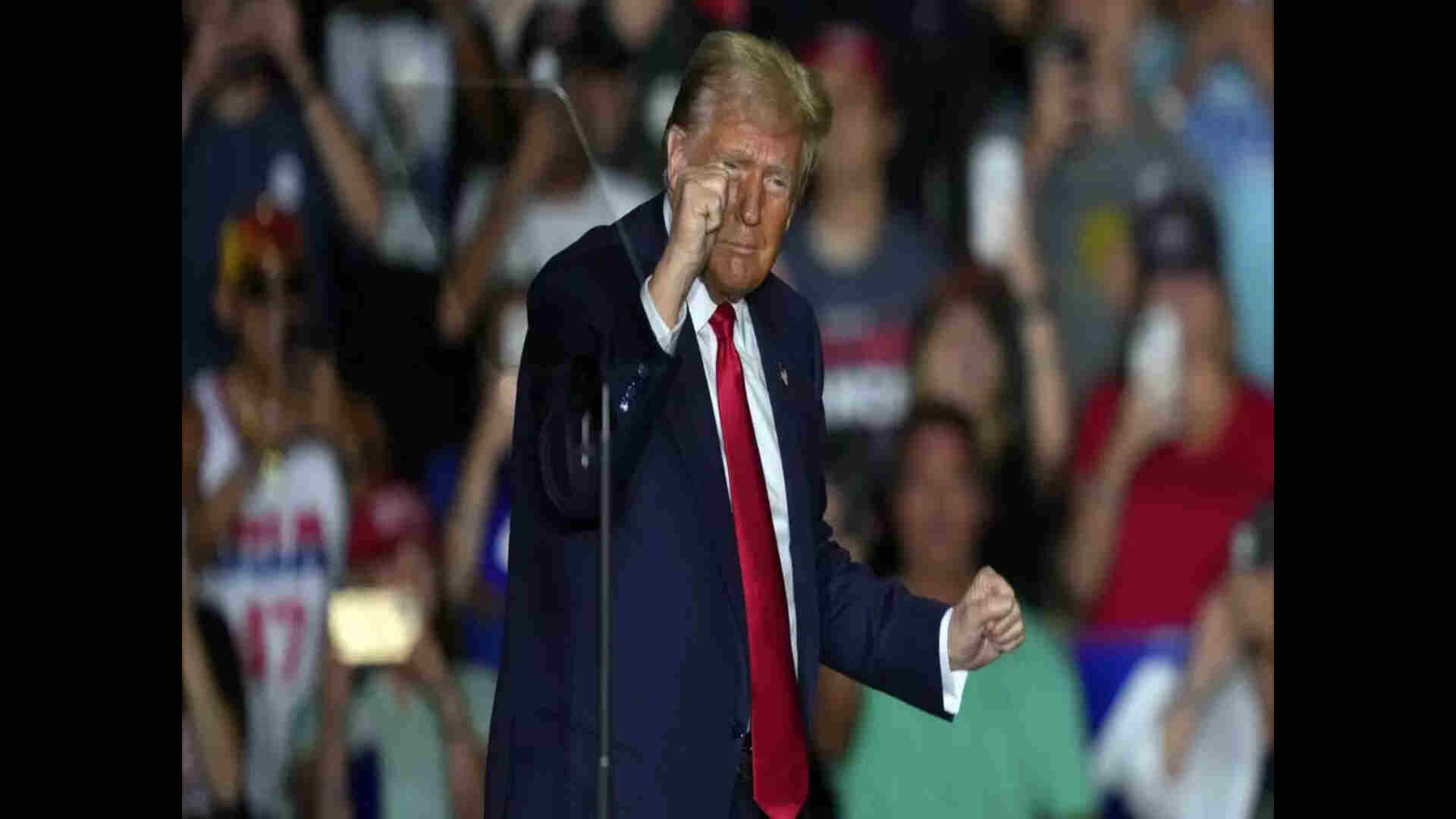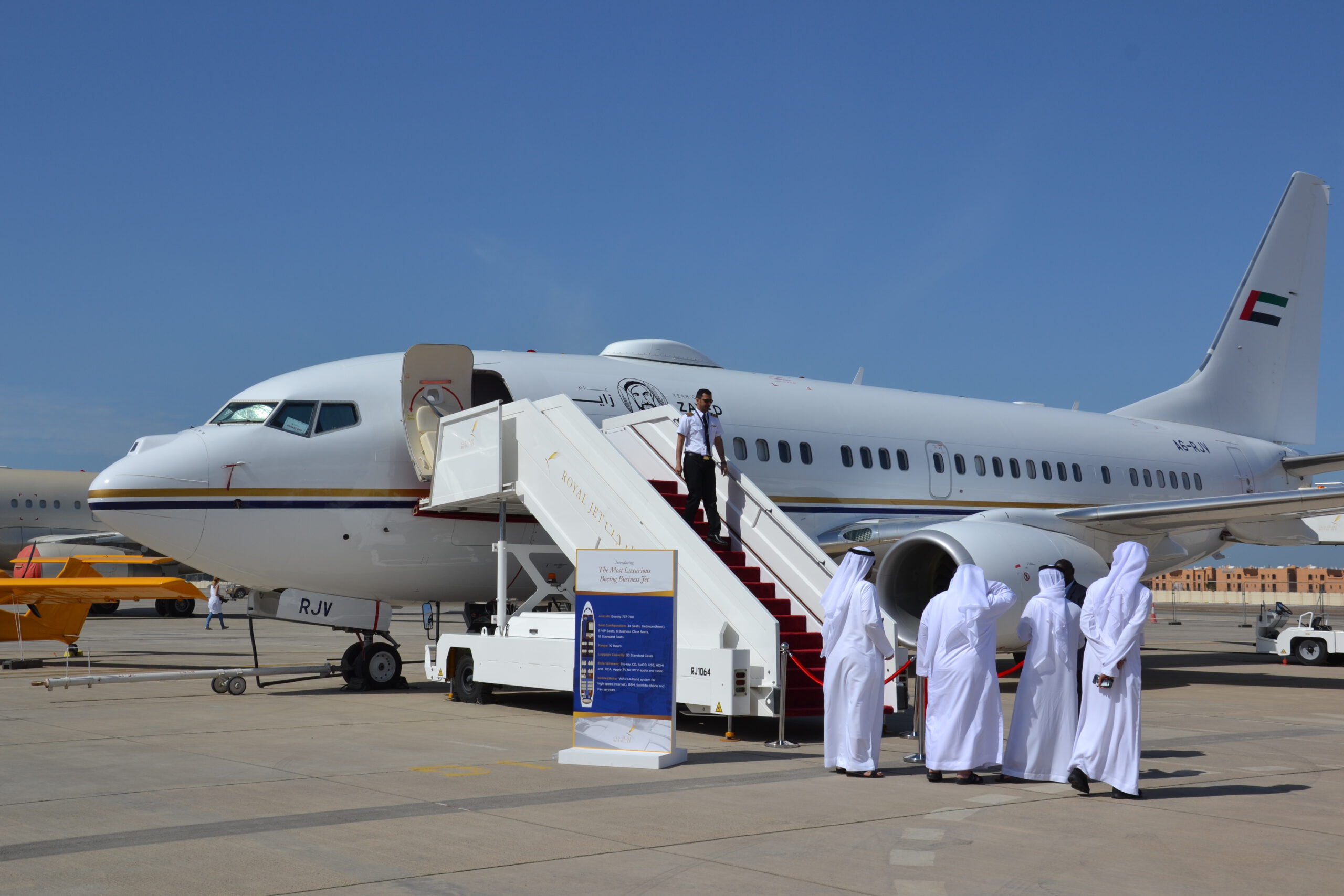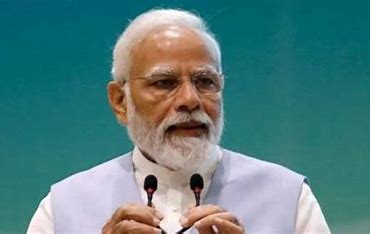
Impact of Trump’s Return: H-1B Visa Restrictions, Trade Tariffs Could Hit Indian Sectors
As the 2024 US presidential election approaches, Donald Trump has underscored his commitment to deepening the US-India relationship, referring to Prime Minister Narendra Modi as a “good friend” and pledging to strengthen ties if elected. Trump’s recent Diwali message reinforced this “great partnership” and came amid rising concerns in South Asia, including violence against minorities in Bangladesh and the exile of former Bangladeshi Prime Minister Sheikh Hasina, who has sought refuge in India.
Trade and Economic Relations
Trump’s trade policies have historically focused on protecting US interests, and a new administration under him could see pressure on India to lower trade barriers or face tariffs. Key sectors, including Indian IT, pharmaceuticals, and textiles, might experience intensified scrutiny. However, Trump’s stance on reducing dependency on China could benefit India, as American companies seek alternative supply chains, potentially opening up investment and economic growth opportunities for India.
Defence and Security Cooperation
Trump’s tough stance on China aligns with India’s defence priorities. A renewed Trump administration could enhance military cooperation, expand arms sales, and support India’s role within the Quad alliance (alongside Japan and Australia) to counter Chinese influence in the Indo-Pacific region. Increased joint military exercises and technology transfers would likely strengthen India’s defence capabilities, especially amid regional tensions with China and Pakistan.
H-1B Visa and Immigration Policies
Trump’s immigration policies have previously limited access to H-1B visas, impacting Indian professionals in the US. If Trump reintroduces restrictive measures, it could reduce opportunities for skilled Indian workers in the US, especially in tech sectors that rely heavily on such talent. In response, Indian tech firms might turn to other markets or prioritize domestic growth to retain skilled workers within India.
**Geopolitical Strategy in South Asia**
Trump’s regional approach may support India’s stance on counter-terrorism, as he has stressed accountability for Pakistan in countering extremism. His “Peace through strength” policy could encourage a stronger stance on terrorism, aligning with India’s security concerns. This approach, combined with Trump’s close relationship with Modi, could enhance India’s geopolitical influence.
In sum, a Trump-led administration could bring both opportunities and challenges for India in trade, defence, and immigration, along with potential shifts in regional stability and security in South Asia.
















